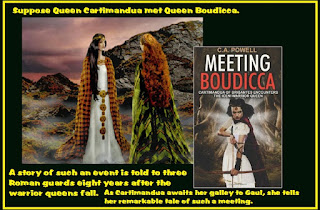It was previously thought to be one of either U122, U123 or UB 122, but following the investigation, the team believe they can discount the first two, which were minelayers, because they would have been larger in size.
According to the team’s research, the vessel, captained by Oberleutnant zur See Alexander Magnus, had surrendered at the end of the war, and been taken to Britain. It had later been towed up the Medway to Halling, where its diesel engines were removed and fitted at a local cement works.
In 1921, it was being taken back down the river, towards the Thames Estuary to be further dismantled, when its tow broke and it was swept ashore, coming to rest in Humble Bee Creek, near to the Isle of Grain, where it remains.
The vessel had been one of the most advanced submarines of the German fleet, being launched in February 1918, at a yard in Bremen. It was a Type UB III, coastal patrol submarine and would have carried 10 torpedoes, with a crew of 34 and a cruising range of 7,200-9,000 miles. The vessel undertook just two patrols before the end of the war and failed to sink any Allied shipping.
After the armistice, it and other u-boats were surrendered to the allies. In November 1918, a total of 114 U boats were taken into Harwich harbour.
Some were subsequently given to France as part of the war reparations package, but most, like UB 122 were consigned for scrap. Before being broken up, the vessels’ components were removed and, where possible, recycled, hence UB 122’s trip up the Medway.
It was one of six u-boats to be lost after the war, while under tow on their way to be broken up. One, U-118, washed up on Hastings beach, where it became a tourist attraction until it was scrapped where it was. UB 122 was simply left in situ.
Mark Dunkley a marine archaeologist with EH said: “For most people, u-boats are out of sight. We know many were lost during the First and Second World War. For those that live on the coast, this is a tangible and visible reminder of those that lost their lives at sea.”
Preliminary research by the team, studying historical records, identified three British and 41 German submarines from the conflict which are known to have sunk in the area. The locations of some of these have already been established, but others have yet to be discovered.
Although most associated with the Second World War, submarine warfare was first deployed during the earlier conflict, as German U-boats attempted to cut supply lines into and around the British Isles, while Royal Navy vessels patrolled in search of enemy ships.
At the start of the war, submarines were supposed to abide by international rules, under which they were supposed to allow the crews of merchant ships to get to safety before sinking their vessels.
But this swiftly became impractical and led to the adoption of unrestricted submarine warfare by Germany, which, nearly brought Britain to its knees in 1917.
During the course of the war, German U-boats sank more than 12 million tons of shipping - around 5,000 ships - with the loss of 178 submarines and almost 5,000 men killed.




























